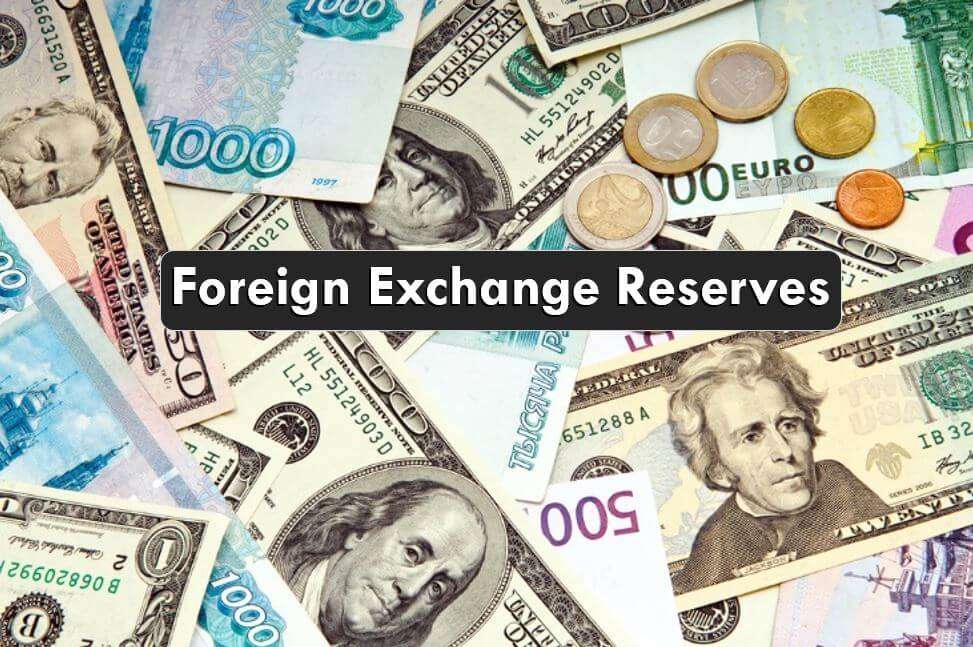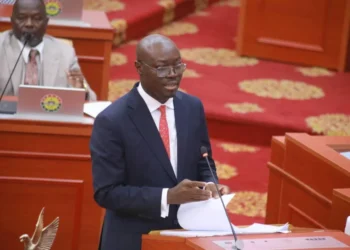The ‘Saviour Fund” to restore Ghana’s Glory has been approved by the International Monetary Fund, a worldwide lender. However, there has been a mix of hope, skepticism and concerns about the government’s capacity to spend the funds as intended.
Many financial and economic experts in the country have praised the government for the quick negotiations and implementation of various measures to meet a significant portion of the IMF requirement deal, noting that Mr. Ken Ofori Atta, Ghana’s finance minister, has done very well in managing to have a great mind talks with China to assist in the country’s debts write-off.
Nonetheless, all of the Government of Ghana’s past performance in terms of how funds given out by foreign countries were used – renders government untrustworthy of using the first tranche for anything better, hence, raising concerns that the initial tranche of the funds received will be wasted and mishandled by government.
It can be recalled that, according to reports, on April 2, 2020, during the Covid 19, the International lender – World Bank, offered Ghana US$100 million to remedy the Covid’s impact. The fund was only made public, with no meaningful impact and accountability.
“The World Bank is providing $100 million to Ghana to assist the country in tackling the COVID-19 pandemic. This $100 million will be made available to the government and the people of Ghana as short, medium and long-term support. This financing package includes $35 million in emergency support to help the country provide improved response systems.”
World Bank
Not limited to that, on April 13, 2020, the government of Ghana also obtained US$ 1 billion from the IMF to help handle key difficulties during the pandemic era, but no sense of responsibility in the form of accountability was made by the government to provide evidence of how the money was spent.
“The Executive Board of the International Monetary Fund (IMF) has approved the disbursement of SDR 738 million (about US$1 billion) to be drawn under the Rapid Credit Facility (RCF). The disbursement will help address the urgent fiscal and balance of payments needs that Ghana is facing, improve confidence, and catalyze support from other development partners.”
International Monetary Fund
This in all makes it impossible to assume the government of Ghana will do something significant for the country with the first payment of the IMF’s fund transferred to the Bank of Ghana’s account.
Furthermore, it is considered that the money being credited in batches will lead to the country misusing it since leaders will assume that ‘more will come’

Ghana’s Foreign Reserves To Increase
Meanwhile, despite concerns about the fund’s negative impact, the positive benefit of it will tend to boost the country’s forest reserves – in line with the supply of dollars, causing the national currency to appreciate and resulting in relative economic stability.
Foreign exchange reserves has to do with the foreign assets, especially in the form of foreign cash held by the Central Bank of Ghana.
Ghana typically has extremely few foreign reserves, resulting in much less of the quantity of dollars used in imports, culminating in more Ghana cedis used in imports and leading to the depreciation of the Ghanaian currency, causing foreign exchange rate to rise.
The US$600 million fund credited to BoG’s account will cause an increase in Ghana’s foreign reserves, leading to a relative stability in the country.
Read also: Ghana’s Debt Declined To Ghc 434.6 billion In December 2022- BoG























